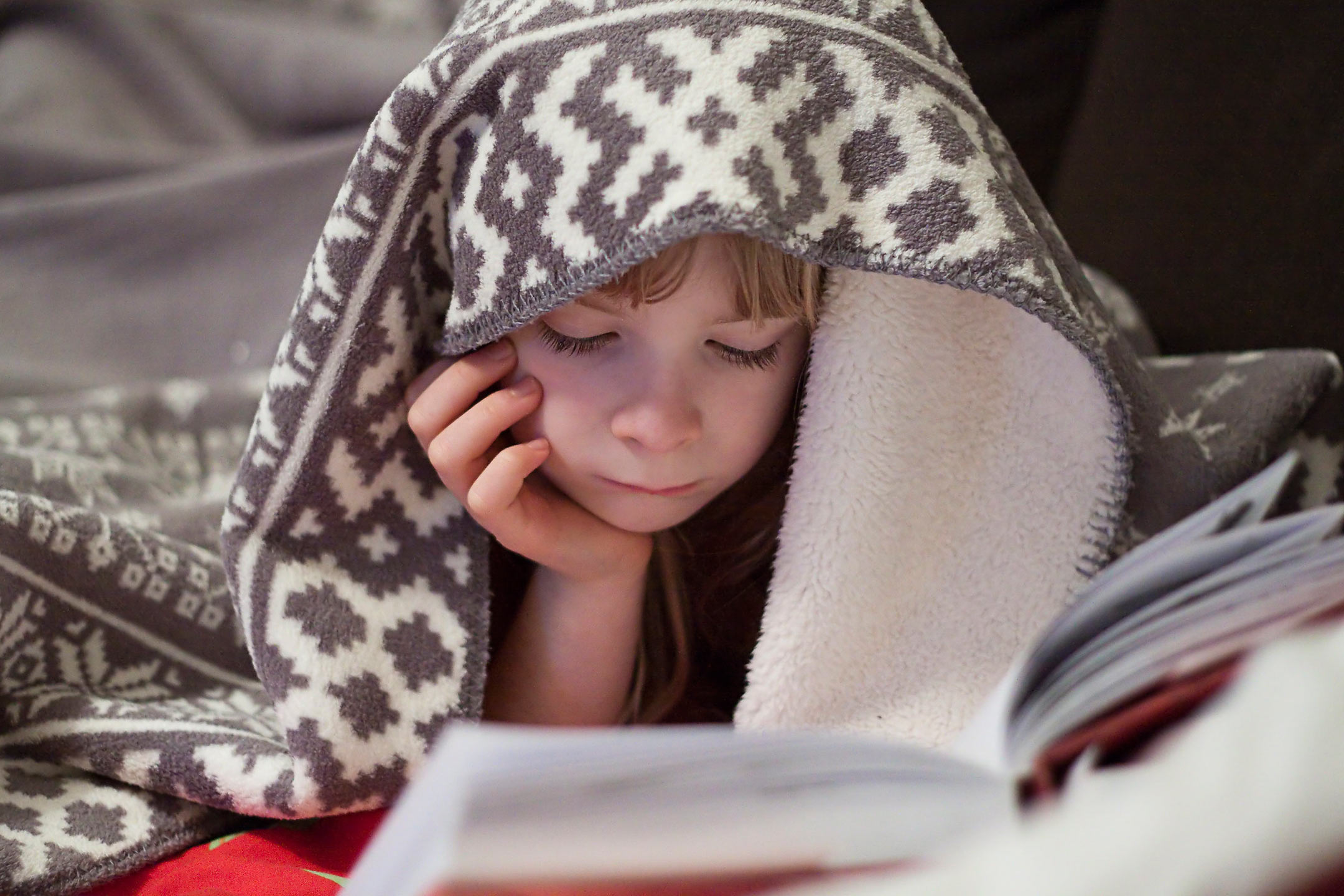
12 Sep 6 ways you can broaden your child’s reading while they’re stuck home during the pandemic
Reading has always been an essential skill for every child, especially now that we’re all stuck inside a little more than usual. It’s an even more vital tool for them to keep entertained, relaxed, and inspired. Here are some simple ways to broaden your child’s reading and take books from a ‘sometimes’ to a ‘must-have’.
Try something new – and find value in old favourites
Parents should always encourage their children to experience a range of genres and types of writing, whether that’s from books purchased and kept on a shelf at home, via the local library, or material found online.
Move away from traditional or school-sanctioned texts, and explore a wider range of texts, from graphic novels to online articles. Many texts mix genres, which is a great way to introduce your kids to new ones. Great fantasy books can make great adventure stories, for example.
This year’s book week theme was Curious Creatures, Wild Minds.
Here are some ideas for texts that complement this theme, and might spark some inspiration in your own child.
Yahoo Creek by Tohby Riddle
What’s Out There by Nicole Stewart
A Hollow is a Home by Abbie Mitchell
The Illustrated Encyclopaedia of Ugly Animals by Sami Bayly
Searching for Cicadas by Lesley Gibbes
The Thing About Oliver by Deborah Kelly
The Glimme by Jennifer Rowe
Catch a Falling Star by Meg McKinlay
Australia’s Amazing Dinosaurs by Australian Geographic
Young Dark Emu by Bruce Pascoe
At the same time, remember that it’s not always necessary to force your child to read new books. If there is a particular book or series that they enjoyed, let them build confidence in re-reading them.
Keep a reading journal
Encourage your child to keep a journal about what they’ve been reading. This is also a great chance for some creative writing by asking them to continue a chapter using their own imagination, or perhaps rewrite a scene they’ve already read in their own words. There’s lots of evidence to show that reading skills are actively improved by writing, and vice versa. This is a fun, unique way to make that happen in tandem.
Create a space for reading
Personal space can be difficult for children to achieve at the best of times, but is especially tricky in light of the pandemic, where an increasing number of parents and siblings are working and learning at home.
Nevertheless, it’s worth attempting to create a quiet, distraction-free area for your child to read in peace. This should be a space without any technological distractions, and could be either inside or outside. A routine is paramount in sustaining children’s commitment to reading, and to maintaining a regular, consistent space to read (like a reading corner) is one of the best ways to achieve that.
Read aloud
Reading aloud to your children doesn’t have to stop as soon as they get to a certain age: there’s no reason you can’t continue the tradition for as long as possible. Research has found that many children find this actively enjoyable and beneficial far beyond the early years.
Audiobooks are another great way to get the ‘read aloud’ experience. Books read by professional actors or even the author themselves adds a whole new dimension to the listening experience, and can be listened to anywhere: in the car, during a walk, or to relieve the boredom of doing chores around the house.
Be a good reading role model
Children learn from watching their parents, so by increasing your own reading hours, you’ll no doubt be increasing your child’s too. It will have a positive trickle-down effect on your child: even from the simple fact that reading has been shown to relieve stress and is better than walking, listening to music or tea drinking.
Always have a book to hand
One of the biggest barriers to reading enjoyment is simply not having enough books at home. According to Progress in International Reading Literacy, having books in the home is associated with both reading enjoyment and confidence. Of children who report having fewer than 10 books in their homes, 42% say they do not like reading and only 32% say they are ‘very confident’ readers. For children who report having over 200 books at home, only 12% say they do not like reading and 73% consider themselves ‘very confident’ readers.
This doesn’t mean you need to go out and spend a fortune on new copies of the latest hardbacks: libraries, charity shops, local book swap programs and even backyard sales are all great places to get books either free of charge or incredibly cheaply.
Written by William Roberts, Head of Library at Waverley College and Natasha Zivanovic, Primary Literacy and Innovation Teacher.

